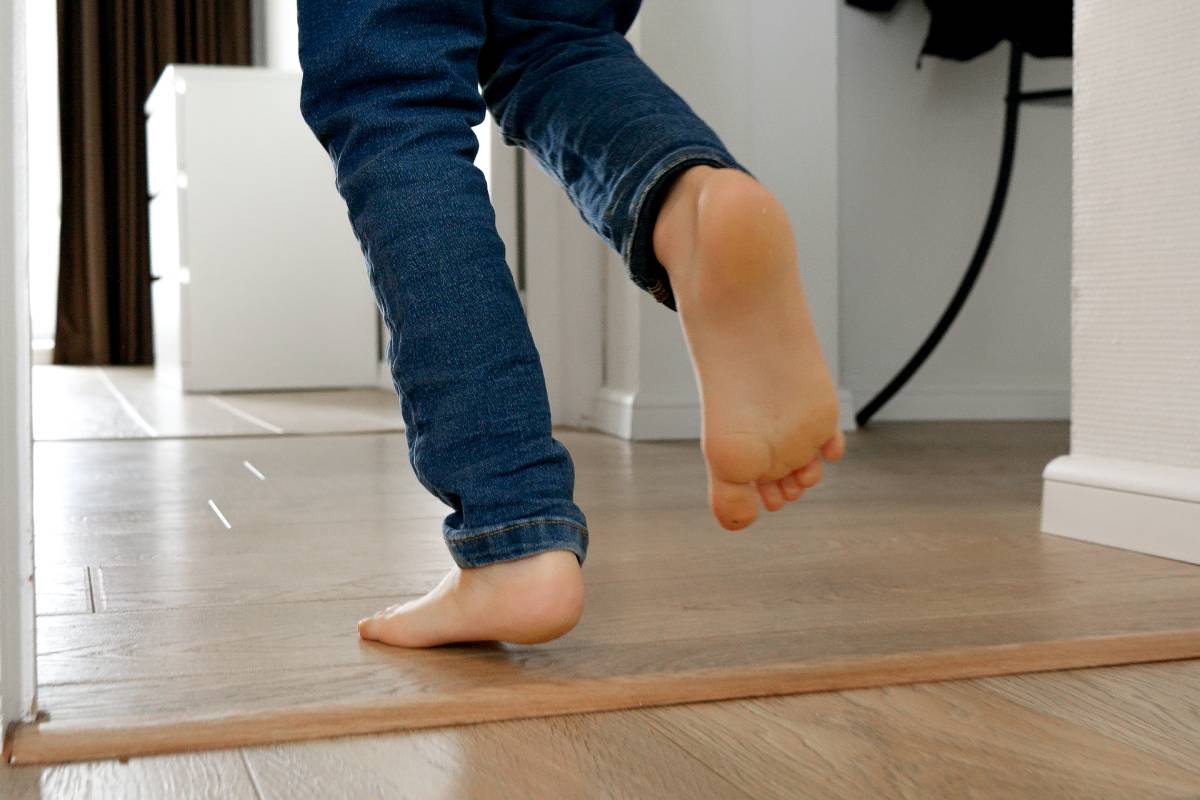
What makes you feel happy in life? It’s not always big things like money or success. Often, it’s the small, everyday moments like a smile from a friend, a warm drink, or a nice walk outside. These small moments can make a big difference in how you feel.
This is called subjective well-being. It means how you feel and think about your life. You don’t need to feel happy all the time. But if you notice more good feelings and moments, life can feel more peaceful and meaningful.
In this article, you’ll learn what subjective well-being means, why tiny moments of joy are important, and how positive emotions can help you feel better every day.
What Is Subjective Well-Being?
Subjective well-being is how you feel about your life. It includes your moods, emotions, and thoughts about how your life is going.
Some people feel mostly positive emotions, like joy and peace. Others feel more negative emotions, like stress or sadness. What matters most is how often you feel good compared to how often you feel bad.
There are three main parts of subjective well-being:
- Life Satisfaction – How much you like your life overall. Are you happy with where you are in life?
- Positive Emotions – How often you feel happy, relaxed, or excited.
- Negative Emotions – How often you feel worried, angry, or upset.
People who have high well-being usually feel more good emotions and fewer bad ones. They also feel thankful for their life, even if it’s not perfect.
What Influences Subjective Well-Being?
Many things can change how you feel about your life:
- Your personality – Some people are naturally more cheerful.
- Relationships – Having good friends or family makes life feel better.
- Physical and mental health – When you feel healthy, it’s easier to be happy.
- Work and purpose – Having a job or goal gives you direction.
- Gratitude – Saying “thank you” for small things can make a big difference.
- Positive thinking – Looking at the bright side can change your mood.
- Respect – Giving and receiving respect creates stronger relationships, builds self-esteem, and reduces conflict. When you feel respected by others, it boosts your sense of worth and well-being.
These parts of life can all affect your emotions. You may not control everything that happens to you, but you can change how you respond.
What Are Micro-Moments of Positivity?
Micro-moments of positivity are tiny moments that bring a little joy, peace, or connection. These moments may seem small, but they are powerful. They give you a short pause of happiness during the day.
Examples of micro-moments:
- Hearing a song you love
- Sharing a laugh with a friend
- Enjoying a hot drink in the morning
- Watching a sunset
- Smiling at someone and getting a smile back
- Feeling thankful for something simple
Each of these experiences may last just a few seconds or minutes. But they make your day feel better and your life more meaningful. You may not remember every micro-moment, but they help build a happy mindset over time.
Why Do Micro-Moments Matter?
Research shows that micro-moments help people feel more connected, kind, and strong. Dr. Barbara Fredrickson, a leading researcher in this field, says that micro-moments can help you broaden and build your life.
- Broaden: Positive feelings open your mind. You think better, see more options, and become more creative.
- Build: These moments help you grow strong friendships, good habits, and better health.
Even one kind moment like a hug or a thank-you can make someone feel safe and seen. Over time, these moments add up and support emotional strength.
What Are Positive Emotions?
Some common positive emotions include:
- Joy
- Love
- Gratitude
- Hope
- Amusement (fun or laughter)
- Awe (feeling amazed)
- Interest
- Inspiration
- Peace
- Pride
These emotions help people handle stress, build relationships, and feel more satisfied with life.
How Positive Emotions Help Well-Being
Positive emotions are not just about feeling good in the moment. They also help your mind and body stay strong.
Here are some ways they help:
- Improve health – People with more positive emotions often sleep better, have lower blood pressure, and get sick less often.
- Make problems easier to handle – Happy people bounce back faster after something bad happens.
- Support friendships – Smiling and laughing with others helps build strong, caring relationships.
- Help you grow – When you feel positive, you’re more open to learning and trying new things.
Feeling good helps you enjoy life now and prepare for the future.
How to Feel More Positive Emotions Each Day
You can’t feel happy all the time, and that’s okay. But you can find more micro-moments and positive feelings every day by trying a few simple habits:
- Notice the good
Take a moment to look for beauty, kindness, or something that makes you smile. - Say thank you
Being thankful even for small things helps grow your positive emotions. - Connect with people
Talk to friends or family. Smile at a stranger. Say kind words. These moments build connections. - Do things you enjoy
Spend time on hobbies or activities you love. Even a few minutes a day can help. - Breathe and relax
Slow down. Take a deep breath. Sit quietly and enjoy the silence. - Try loving-kindness meditation
This short practice helps you feel calm and send kind thoughts to others. It can grow feelings of warmth and peace.
Can You Increase Your Subjective Well-Being?
Yes. Even if life is difficult, you can still find small ways to feel better. You can practice being aware of your thoughts and feelings. You can choose to focus more on what brings joy and meaning.
Here’s how to start:
- Make a habit of finding one good thing each day.
- Give yourself breaks to rest, think, and recharge.
- Talk to people who make you feel supported.
- Learn to handle stress in healthy ways.
- Try something new that makes you curious or excited.
Conclusion
Subjective well-being means how you feel and think about your life. It doesn’t mean you have to be happy all the time. It means feeling good more often even when life is hard. Positive psychology teaches us that small moments of happiness and good emotions are very important.
When you notice these little moments, you become stronger inside. When you feel emotions like love, hope, and gratitude, your life feels better. You don’t need a perfect life to feel okay. You just need to enjoy the small, simple things that bring peace and joy. These tiny moments, over time, can make a big difference in how happy you feel.














